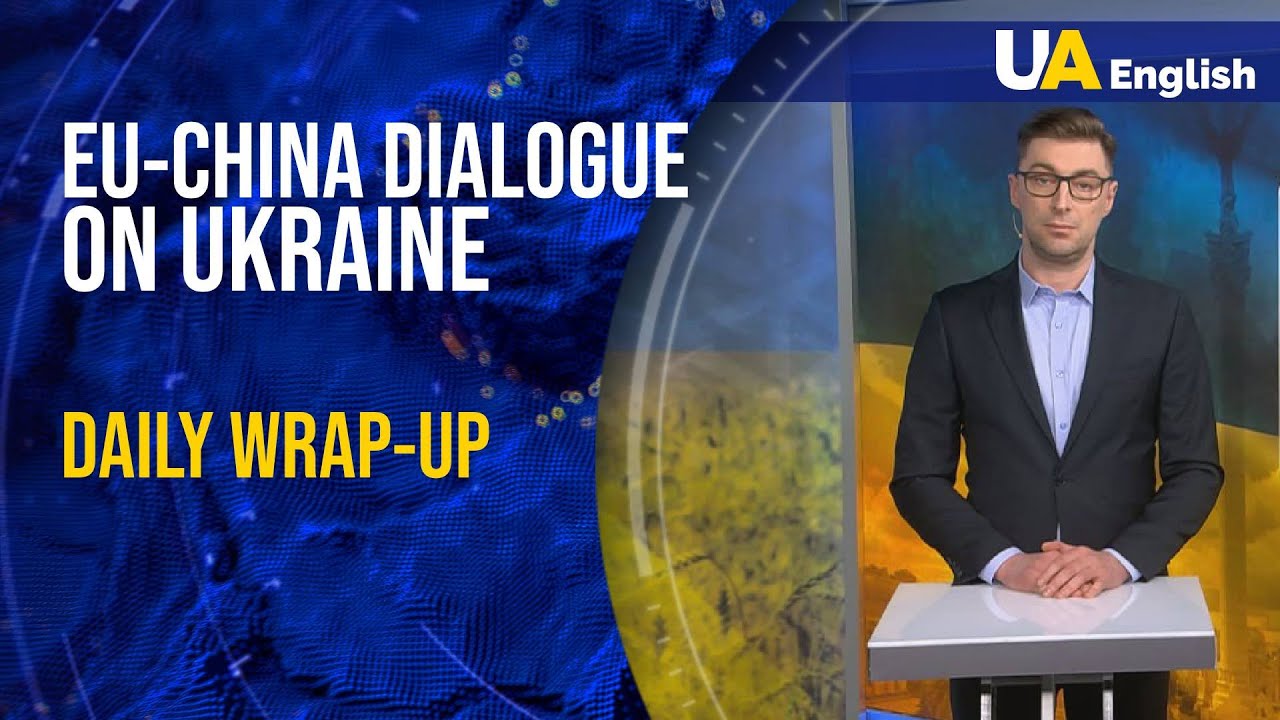European Politicians Are Trying To Convince Beijing To Put More Pressure On The Kremlin
Unleash Your Creative Genius with MuseMind: Your AI-Powered Content Creation Copilot. Try now! 🚀
In a world where war is deemed bad and peace, beautiful, we find ourselves in the midst of a global conflict, a conflict that has cast a long shadow over the lands of Ukraine. But let's break away from the conventional narrative and delve into the nuances of international diplomacy, with a dash of humor and a sprinkle of brilliance.
The Chinese Conundrum
As we navigate the treacherous waters of diplomacy, one cannot help but notice the curious dance between China and the rest of the world in this conflict. While European leaders try to convince Beijing to exert pressure on the Kremlin and seek an end to the war in Ukraine, China's actions, or lack thereof, have left us scratching our heads.
Xi Jinping, the enigmatic leader of China, has made eloquent statements about peace and friendship, but actions, as they say, speak louder than words. There have been no direct negotiations between Ukraine and China since February 24, 2022, despite Ukraine's open invitation for dialogue.
It's as if the world is awaiting a symphony, but the conductor, President Xi, has yet to pick up his baton. Nonetheless, there's a glimmer of hope as President Xi has expressed his willingness to speak when the "conditions and time are right." Let's hope that right moment arrives sooner rather than later.
Nuclear Shadows and Russian Roulette
But the intricacies of diplomacy don't end there. China's role in the United Nations Security Council places it in a precarious position. How does China justify its friendship with a nation whose president faces international accusations of criminality? The matter is further complicated by the potential spread of nuclear weapons due to Russia's nuclear arsenal in Belarus.
After a meeting with both Xi Jinping and Putin, the world was left with uneasy murmurs about the nuclear threat. Russia's announcement of locating nuclear missiles in Belarus only added fuel to the fire. It appears that behind closed doors, a dangerous game of geopolitical chess is being played, leaving the world guessing about the next move.
However, China has taken a stance against the proliferation of nuclear weapons and called for the withdrawal of these weapons from non-nuclear states. Furthermore, China's ambassador to the EU has clarified that Beijing does not recognize Crimea and Donbas as Russian territories and does not provide military assistance to Moscow. So, is China the silent peacemaker we need in this tumultuous world?
Diplomacy's Dance of the Titans
The game of diplomacy is not for the faint of heart. Recent meetings between world leaders have showcased the stark differences in their approaches. Macron spoke for twice as long as President Xi during a press conference, raising eyebrows and sensitivities among politicians.
While European diplomacy is set to visit China soon, the question remains: Can they change Xi's stance on the Ukraine conflict? It's a dance of giants, and only time will tell if it leads to a harmonious resolution.
Ammunition vs. Negotiation: A Ukrainian Perspective
In the midst of these diplomatic intricacies, Ukraine stands as the battleground. Conversations about where and how to purchase projectiles may seem trivial in the grand scheme of things, but for Ukraine, it's a matter of life and death.
As Ukraine's defenders prepare for a counter-offensive, the debate rages on: Should Ukraine receive air defense systems, tanks, and fighter jets? The answer is simple - yes. Ukraine needs these tools to protect its people and territory. The evidence of Russia's aggression is clear, and the counter-offensive is the only viable option.
It's understandable that some European nations debate where to spend funds, but let's remember that investing in Ukraine's defense is an investment in European values and stability. The sooner Ukraine is equipped to fend off Russian aggression, the sooner we can restore peace to the region.
A Cry for Freedom: Ukrainians in Captivity
The conflict in Ukraine has a human cost that cannot be ignored. Ukrainians have been torn from their families, held captive, and subjected to unimaginable cruelty. While the world celebrates religious holidays, many Ukrainians spend these moments in Russian captivity.
The conditions are deplorable, with prisoners subjected to torture, intimidation, and beatings. The UN's findings suggest that these actions may amount to war crimes, painting a grim picture of the treatment of Ukrainian prisoners of war. Access to medical care is insufficient, and lives are lost due to neglect.
Ukraine, in contrast, follows international humanitarian law, granting access to organizations like the Red Cross to Russian prisoners of war. But Russia continues to hold severely wounded prisoners, using them as pawns to apply pressure on Ukrainian society and authorities.
In Conclusion:
As the world watches the intricate dance of diplomacy, it's essential to remember the human toll of this conflict. Ukraine's cry for freedom and peace should resonate with all of us. The path to resolution may be uncertain, but the pursuit of peace should remain unwavering. Let us hope that the world can find a way to end this conflict and bring lasting peace to Ukraine, for the sake of all humanity.

Related Recaps
- CENTRAL 98 - AO VIVO - 03/05/2023
- 10sep flash DCPJ ARRETE YON POLISYE/LAPOLIS ARRETE YON KADEJAKE/GWO AKSyDEN MOUN MOURI 8 BLESE
- No melhor estilo capitalista, MST inaugura mais uma loja
- Jeanne du Barry - Králova milenka (2023) CZ HD trailer #JohnnyDepp
- GUARDIANS OF THE GALAXY VOL. 3: What’s Next For MANTIS’ FUTURE EXPLAINED